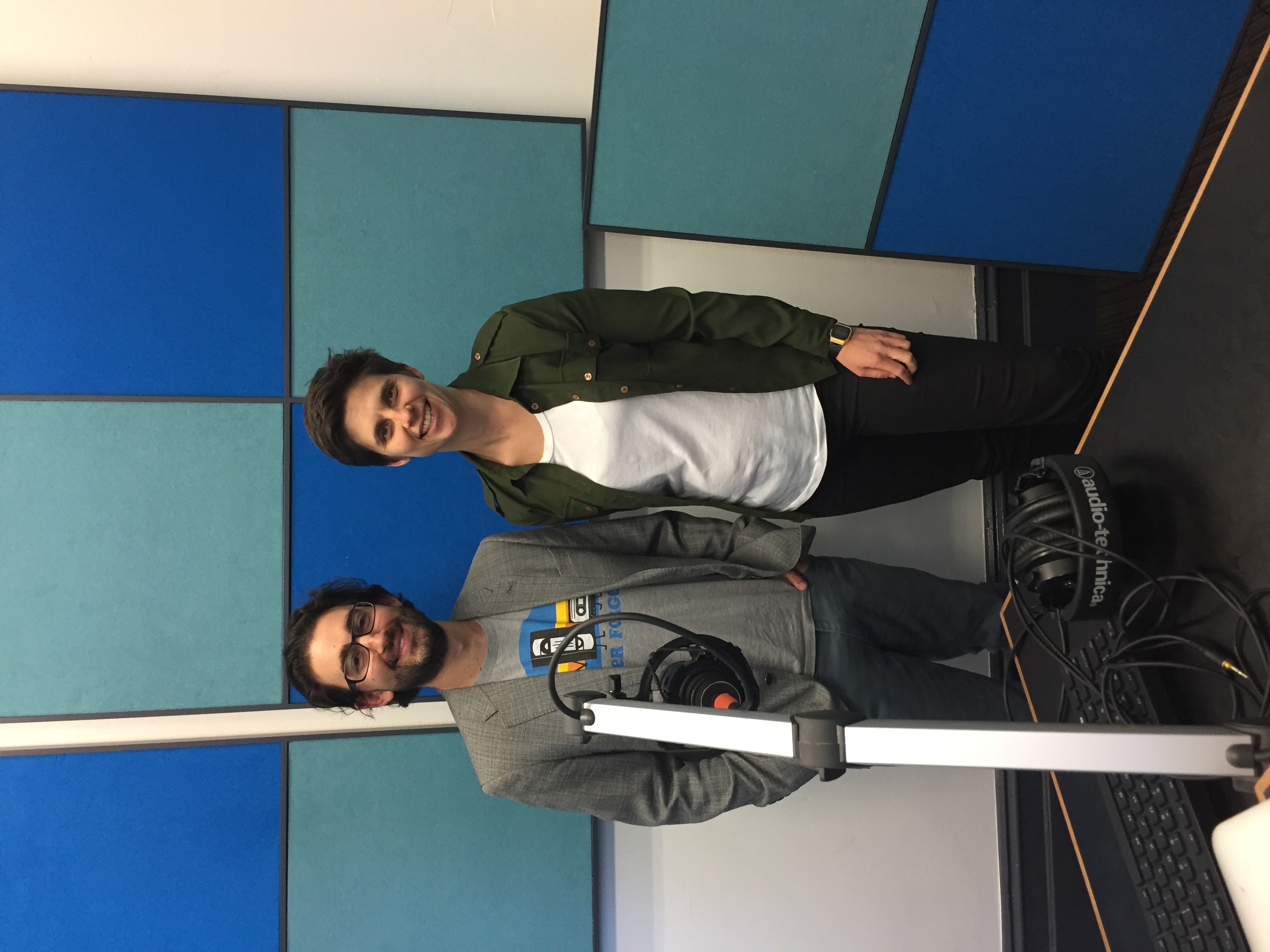
Several years ago, Rick Larrick and I wondered about an important problem: How do you motivate people to make a contribution when that contribution would represent just a small drop in a bucket, nay, an Olympic-sized pool.
Building from our previous work regarding the benefits of increasing the scale upon which fuel consumption is expressed, we started to investigate the effect of increasing the scale of action by aggregating that action across many hypothetical people.

When we looked around the world, it turned out that this kind of tactic was already being used everywhere. For example, Wikipedia used it in its annual donation drive. Of course, Earth Hour, which encourages everyone to coordinate and turn off their lights for an hour, also capitalises on the idea that contributing a single drop is much more motivating if that drop is joining a flood of others.
The product of the research was our latest paper together: “The collective aggregation effect: Aggregating potential collective action increases prosocial behavior“. The paper had a long journey through the review process first at the Journal of Consumer Research and then later at the Journal of Marketing Research before finding a home at the Journal of Experimental Psychology: General, which we are really happy with.
I also had the opportunity to discuss this research on the podcast, Think: Business Futures. Nicole Sutton did a great job digesting our paper and then asking informed questions about it. Jason L’Ecuyer did a great job finding and then interviewing Andy Ridley, who is one of the founders od Earth Hour, which was an inspiration for the research.
